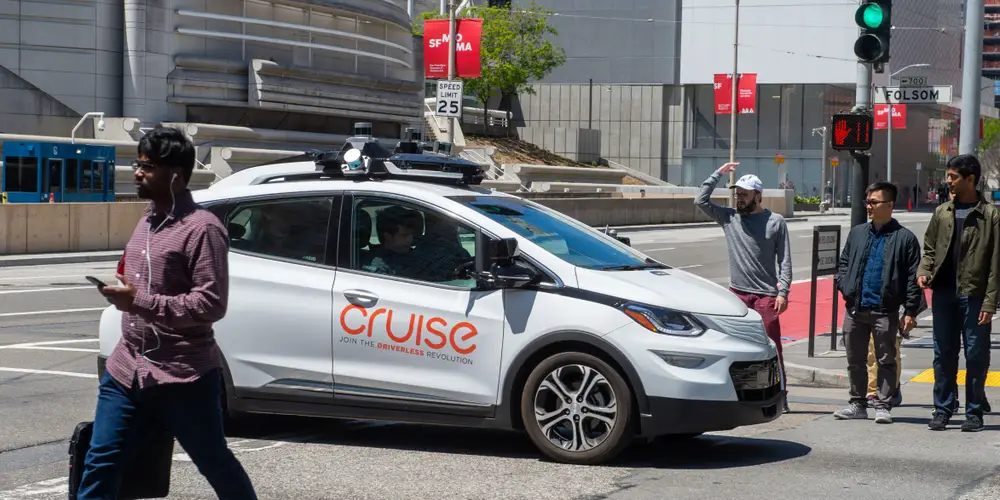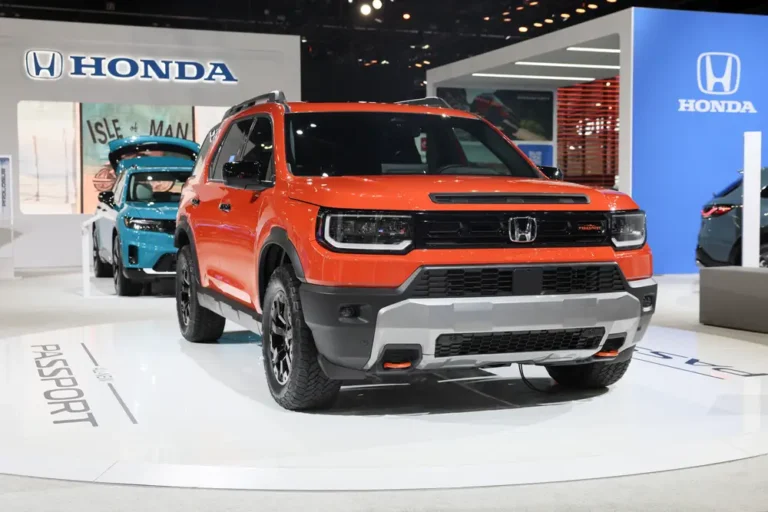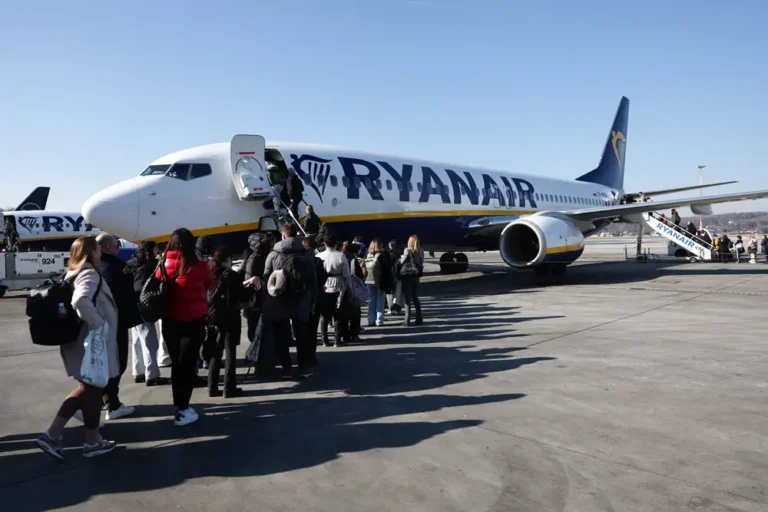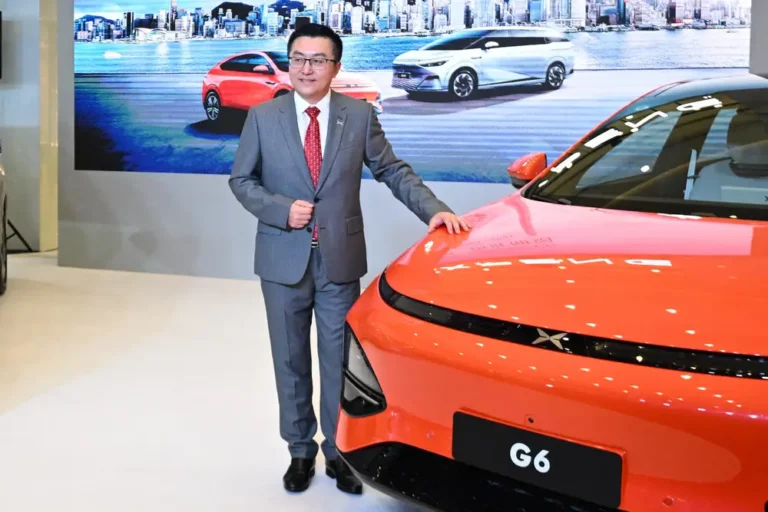GM patented a system that gives robotaxis a way to respond to pedestrian ‘bullying’

General Motors, which operates the Cruise robotaxi service, patented a system that allows autonomous vehicles to respond to “adversarial” pedestrians.
General Motors has a patent that outlines a detection system for robotaxis that can respond to “adversarial behavior” or “bullying” from pedestrians.
The patent, which was published in November by the US Patent and Trademark Office, shows how a robotaxi could asses the threat level from a pedestrian and respond accordingly.
A spokesperson for GM did not respond to a request for comment sent during the weekend.
According to the patent, the detection system involves an “adversarial intent algorithm” that determines whether a pedestrian presents a risk to the autonomous vehicle.
Depending on the level of the risk, the robotaxi could resort to several actions, including “visual and auditory warnings” to the offending pedestrian or finding a different route, the patent said. The system could also alert authorities, the patent said.
The filing is an apparent response to a recurring issue for robotaxi companies operating in busy urban areas such as San Francisco or Phoenix.
In recent years, videos of robotaxis owned by GM’s Cruise or Alphabet’s Waymo have surfaced online, showing pedestrians taking a hammer to the autonomous vehicles or setting one on fire.
In June, over a dozen Waymos had their tires slashed by a 36-year-old woman, the San Francisco District Attorney’s Office said.
“With the introduction of automated driving vehicles, adversarial behaviors by pedestrians and other vulnerable road users toward autonomous vehicles is becoming an issue, particularly in urban environments,” GM’s patent said. “Adversarial behaviors, often in the form of bullying, come from both pedestrians and other road users.”
Waymo has a similar system in which the vehicle can warn a pedestrian, emit a siren, or take evasive maneuvers, such as finding a different route.
GM’s Cruise faced a major roadblock last year. It suspended its operations nationwide after California regulators deemed the vehicles dangerous to public safety and revoked Cruise’s license. The move came after a pedestrian was dragged underneath a Cruise robotaxi in 2023.
The company said in June that it will restart testing operations in Dallas, Houston, and Phoenix.
Meanwhile, Waymo has opened its service to the public in San Francisco, Los Angeles, and Phoenix, providing over 100,000 paid rides a week as of October, the company said.
The Alphabet-owned company said it plans to expand its service to the public in Miami by 2026.






